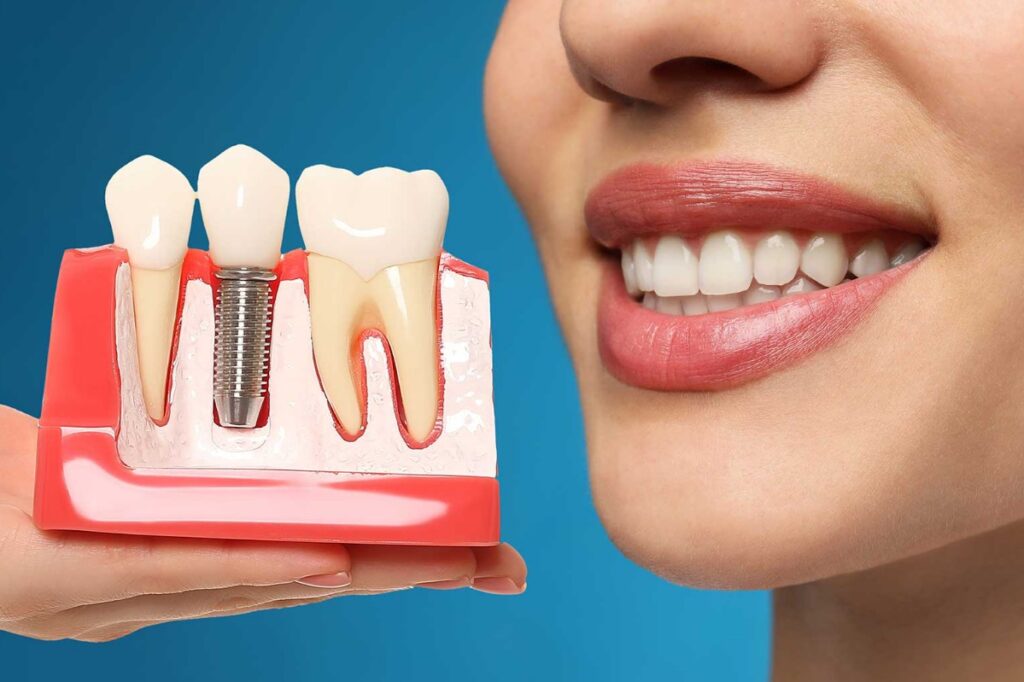Post-Implant Care: Tips for Long-Lasting Use
Protect your dental implant investment for life. Learn essential post-implant care tips, including daily hygiene, professional check-ups, and habits to avoid.

Dental implants are a significant investment in your oral health and have a very high success rate. To ensure their longevity and keep your smile healthy for a lifetime, proper post-treatment care is crucial. While implants are not susceptible to cavities, the surrounding gum tissue is, making excellent oral hygiene essential.
Daily Oral Hygiene Routine
Caring for your implants is very similar to caring for your natural teeth. A consistent daily routine is the most important factor in long-term success.
- Brushing: Brush at least twice a day with a soft-bristled toothbrush. Pay special attention to the area where the implant meets the gum line to remove all plaque.
- Flossing: Flossing daily is critical to clean the areas that a toothbrush can't reach. Special implant-friendly floss, such as unwaxed tape or implant-specific floss, can be very effective.
- Water Flosser: An oral irrigator (like a Waterpik) can be an excellent tool for removing food particles and plaque from around the implant and under the crown.
Regular Professional Check-ups
Visiting your dentist and hygienist regularly is non-negotiable. We recommend professional cleanings and check-ups every 6 months, or as advised by your dentist.
- Professional Cleaning: Hygienists use specialized instruments that will not scratch the surface of your implant crown.
- Annual X-rays: X-rays allow your dentist to monitor the health of the implant and the surrounding bone level to catch any potential issues early.
Habits to Avoid
Certain habits can damage both your natural teeth and your implants. Avoid the following to protect your restorations:
- Chewing Hard Items: Do not chew on ice, hard candies, or other very hard objects that could chip or break the crown.
- Smoking: Smoking can impede healing and increases the risk of implant failure. Quitting is one of the best things you can do for your oral and overall health.
- Using Teeth as Tools: Avoid using your teeth to open packages or bite your nails.
Frequently Asked Questions
Q: Do I need special toothpaste for my implants?
A: A non-abrasive, low-fluoride toothpaste is generally recommended. Avoid products with abrasive ingredients like baking soda, which can scratch the surface of the crown.
Q: What is peri-implantitis?
A: Peri-implantitis is an inflammatory condition, similar to gum disease, that affects the soft and hard tissues around a dental implant. It is caused by bacterial plaque and can lead to bone loss and implant failure if not treated. This is why excellent hygiene is so important.